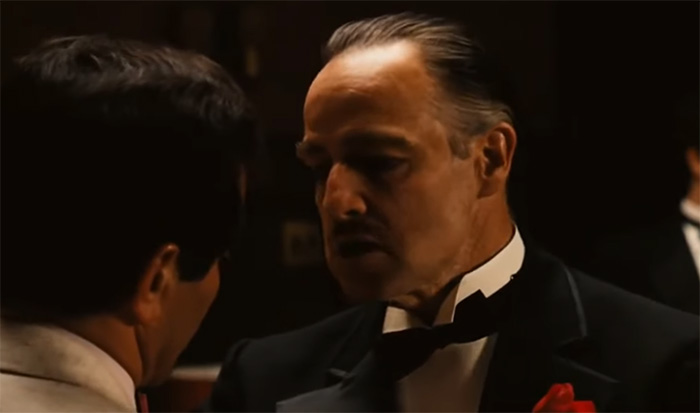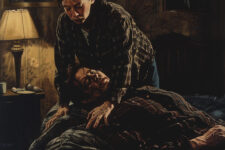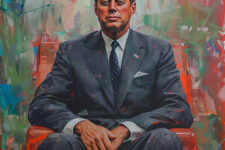
Correct Answer: They were concerned about his recent box-office failures.
Paramount Pictures’ initial reluctance to cast Marlon Brando as Vito Corleone in “The Godfather” was steeped in several concerns, primarily centered around his recent track record in the film industry.
By the late 1960s, Brando’s reputation had taken a hit due to a series of box-office flops that not only tarnished his star status but also made studios wary of his reliability and bankability. His method acting style, which had once revolutionized Hollywood, was now seen as a potential liability, given the unpredictability it brought to film production.
Furthermore, Brando was known for being difficult on set. His demands for control over his roles and his unpredictable behavior had become notorious within the industry. This behavior often led to delays and increased production costs, which naturally made studio executives hesitant. Paramount was particularly concerned about the potential financial risks associated with Brando, who they feared might cause delays and drive up production costs, further jeopardizing the film’s success.
Despite these significant reservations, “The Godfather” author Mario Puzo and director Francis Ford Coppola were adamant about Brando’s suitability for the role of the patriarch of the Corleone family. They saw in Brando not just the gravitas needed for the role but an innate ability to embody the complex mix of ruthlessness and tenderness that defined Vito Corleone. To convince Paramount, Brando was asked to perform a screen test, an unusual request for an actor of his stature at the time.
Brando’s screen test turned out to be a transformative moment. He altered his appearance and voice to embody the aging Don Corleone, using techniques like stuffing his cheeks with tissue paper to alter his facial structure and darkening his hair with shoe polish to give him an older look. His performance was so convincing and powerful that it immediately changed the studio’s stance. Realizing the potential for a landmark performance, Paramount agreed to cast him, albeit with conditions to mitigate financial risks, such as a lower salary and a financial penalty clause if Brando caused any delays.
Ultimately, Brando’s portrayal of Vito Corleone became iconic, reinvigorating his career and leaving an indelible mark on cinema history. His performance not only helped “The Godfather” become a massive critical and commercial success but also solidified the film’s place as a cultural phenomenon. The initial reluctance of Paramount Pictures to cast him only added to the lore of Brando’s legendary comeback role.









